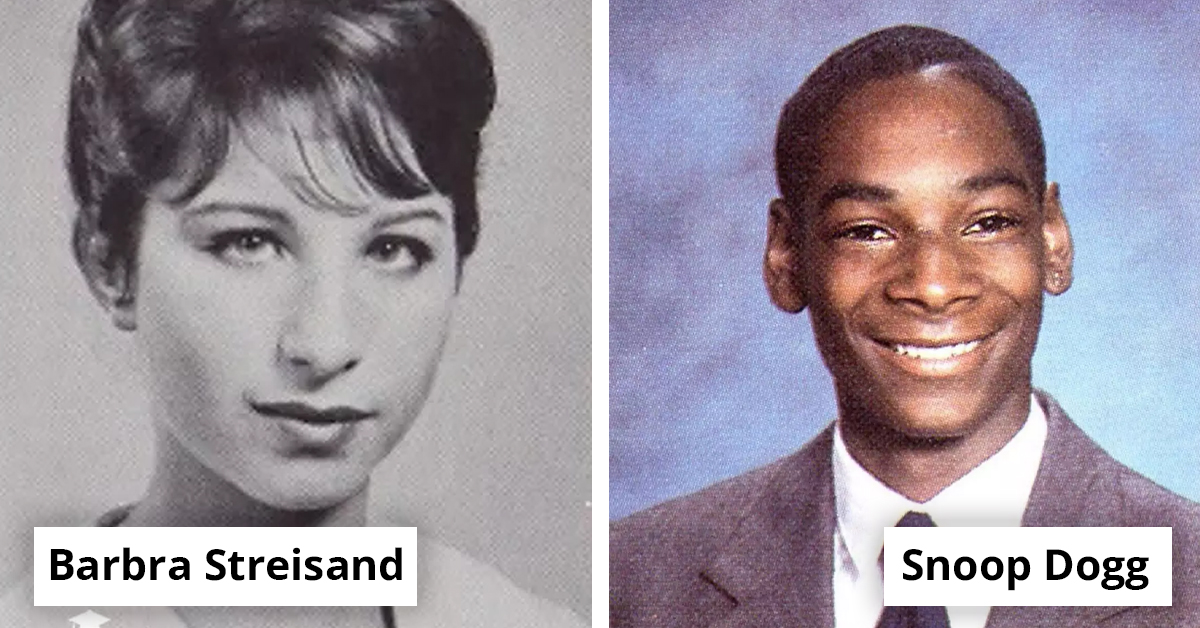Squid Game Creator Reveals Why He Isn’t As Rich As You’d Think Despite Netflix’s Massive Success
When "Squid Game" premiered on Netflix in September 2021, it transformed into a cultural sensation almost overnight. The South Korean drama, with its harrowing social critique and compelling plot, became the most-watched show in Netflix history.
In just four weeks, over 142 million households streamed the series, and it attracted 4.4 million new subscribers to the platform. Netflix reportedly earned an astounding $900 million from "Squid Game," cementing its place as a monumental success in the streaming world.
However, the series’ creator, Hwang Dong-hyuk, faced a drastically different reality. Despite the show’s global impact, Hwang revealed he made only a modest income, raising questions about how creators are compensated in the entertainment industry.
In interviews with the BBC and The Guardian, Hwang shared his struggles, from spending over a decade trying to bring "Squid Game" to life to taking out loans to support his family. His deal with Netflix provided upfront payment but forfeited residuals and intellectual property rights, leaving him without bonuses despite the show’s massive earnings.
Hwang’s story isn’t just about financial disparity—it’s a reminder of the challenges creators face even in their greatest successes. It also highlights the ongoing debate about fair compensation in the age of streaming platforms.
A Phenomenon with Limited Rewards
"Squid Game" was hailed as a masterpiece, blending brutal survival games with critiques of social inequality. Fans across the globe turned its characters, symbols, and games into cultural staples, from memes to Halloween costumes.
Netflix raked in enormous profits, with the show contributing significantly to its subscriber growth and cementing its reputation for innovative international content.
For Hwang, however, the financial returns didn’t match the acclaim. When Netflix acquired "Squid Game," Hwang forfeited intellectual property rights, receiving only upfront payments under his initial contract. "Even though the first series was such a huge global success, honestly I didn’t make much," he admitted.
This lack of residuals highlights the broader issue of how streaming services compensate creators, with Hwang pointing out that while he isn’t destitute, he’s far from sharing in the windfall Netflix enjoyed.
 Kevin Winter/Getty Images
Kevin Winter/Getty ImagesStruggles and Successes Behind the Camera
Hwang’s decade-long effort to make "Squid Game" included numerous rejections, financial hardship, and even physical tolls—he lost several teeth during production due to stress. His hesitation to produce a second season stemmed from these struggles.
Still, he decided to continue the story, motivated by both a desire to complete the narrative and the need to better compensate himself for the first season's success.
 Netflix
NetflixThe Bigger Picture
"Squid Game" not only reflects societal inequalities on screen but also off-screen, in the way creators are compensated. Hwang’s story is a reminder of the challenges behind the entertainment industry’s biggest successes. As he gears up for Season 2, audiences will eagerly watch not just the show but also the broader conversation it sparks about fairness in creative industries.
What do you think about Hwang’s story and the balance between art and profit? Comment down your thoughts or share this article for all your family and friends to see—let’s keep the conversation going!




